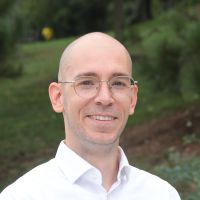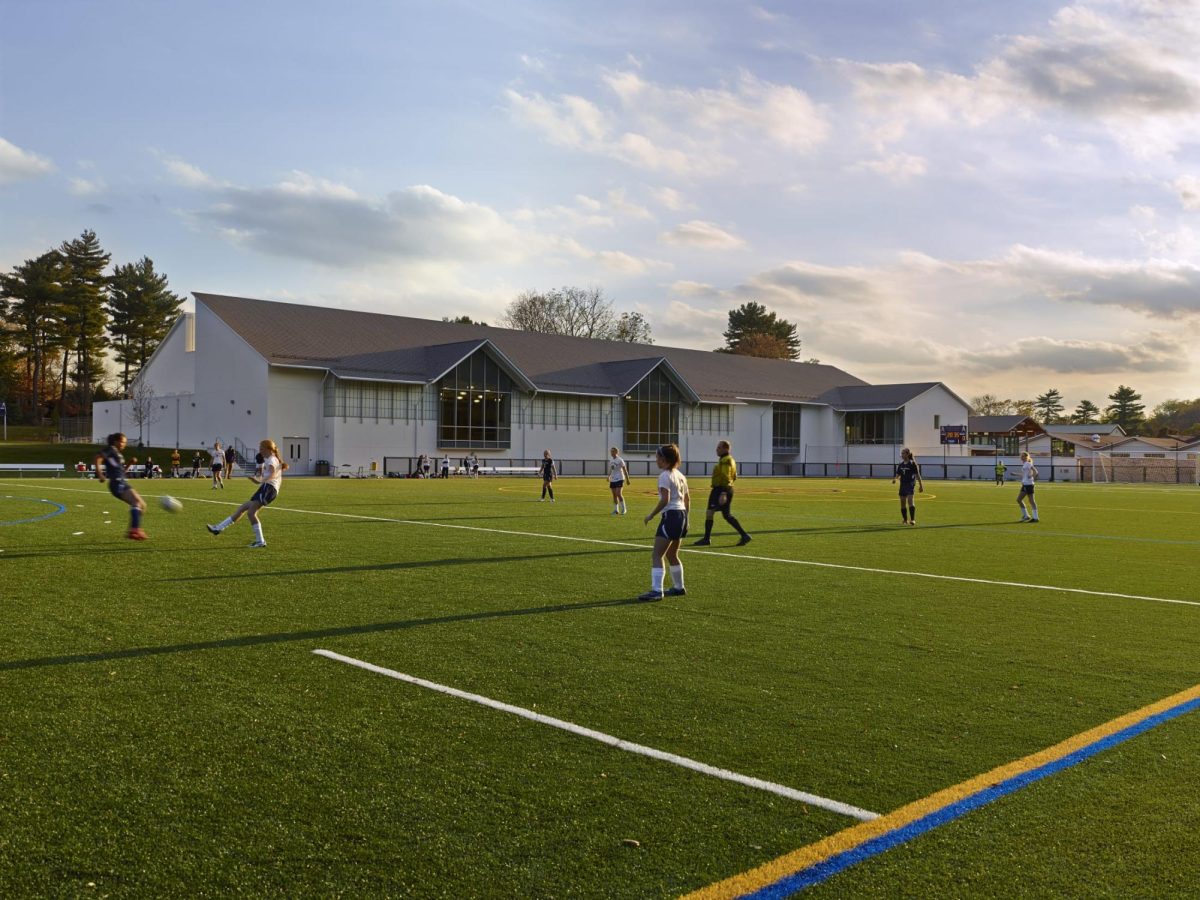Since formally committing to active antiracism last year, our school has taken substantial steps toward greater diversity, equity, and inclusion. Last week Mr. Gomes and I discussed the administration’s progress and plans regarding racial tolerance and reform. His insights provide a glimpse into the rigorous work AIS has already accomplished, as well as the less finite goals our DEI committee continually pursues, and reveal how Agnes Irwin will educate, diversify, and uplift its student body and broader community in the 2021-2022 school year.
Last year, Dr. Gomes served as Interim Director of Diversity, Equity and Inclusion, and this June he was appointed Director of Diversity, Equity, Inclusion, and Belonging, a role which entails participating in the revision of curricula and ensuring the accessibility of affinity spaces and resources that give all students a sense of security and belonging. Mr. Gomes believes that “what makes AIS great is the sense of belonging that students and families feel when everything is going as it should” and “if we do DEI correctly, the result is a feeling of belonging of all;” the addition of the ‘B’ to his title represents this idea. According to Mr. Gomes, the ‘B’ is new, but the idea that “we want to create a place where people feel like they belong so that they and our community can flourish” has always been central to the administration’s vision for our school.
In both of Mr. Gomes’ previous positions, he has participated in several initiatives that have contributed to AIS’ fulfillment of its DEIB mission. These include creating an online reporting form through which people can share their encounters with racism and discrimination, starting the DEIagnesirwin.org email so people have an easy way to “reach out with questions or concerns about DEIB,” and organizing Community in Action Days when students lead thoughtful conversations and educational presentations about pertinent global issues.
With the particular goal of increasing representation of various ethnic and socioeconomic backgrounds in our faculty and staff, the DEIB committee has “looked at (AIS’) hiring practices to ensure we are getting a diverse pool of applicants,” and in an effort to give students the opportunity to raise their personal concerns and contribute to reforms, AIS introduced the Glasgow Group Survey last year. The results of the first survey will, according to Mr. Gomes, “guide (DEIB) work moving forward.” The monthly conferences that Mrs. Seals and Mr. Gomes lead through the SEED program are similarly valuable in that they create a venue where parents and guardians are free to present their opinions on AIS’ progress and simultaneously discuss and explore their own “identity, the relationships that they have with the people around them, and cycles of oppression.” In encouraging all community members to contribute their voices, AIS fosters candid, schoolwide conversations that facilitate a collective attainment of Belonging.
As Mr. Gomes acknowledged, the efficacy of these conversations lies in the transparency of their participants, which is why anonymous forms are rarely employed for the same purposes: anonymity makes it difficult for AIS to achieve its principal goal of “repairing relationships” with individual community members, so Mr. Gomes encourages people to utilize the reporting system developed by the DEIB Committee.
One of the most important subjects I discussed with Mr. Gomes was that of the Instagram account @blackmainlinespeaks, which recently returned from its hiatus, and its role in shaping AIS’ DEIB goals. I asked Mr. Gomes if AIS plans to address the posts on this account, and he responded that “we continue to monitor the account and address issues when possible” and that he recognizes the necessity of a place where people can “share their stories when they (feel) like they (are) not being heard otherwise.” He maintains, however, that AIS’ reporting form and the Glasgow survey will be most effective in helping AIS to “get to the heart of” situations and “disaggregate current students from former students from parents, etc.” It is essential that we work collectively and collaboratively to improve our school, and one of the first steps to achieving significant systemic change is to address past failures and honor our community’s distinct voices with individually-issued responses.






